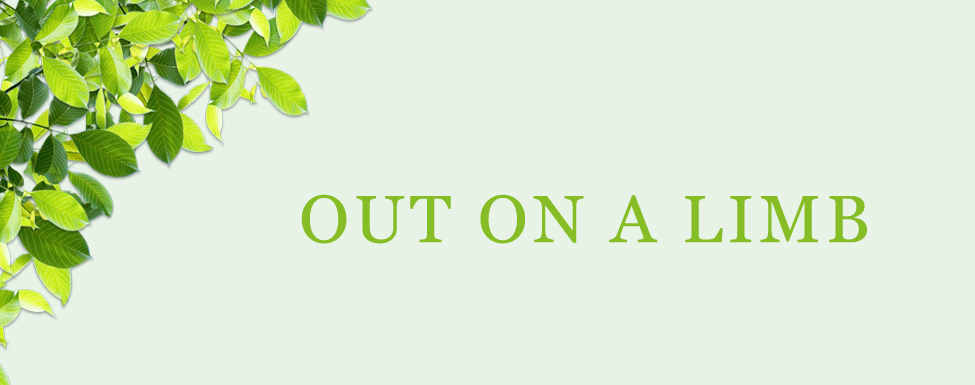Little Dictators
Two celebrity families recently had babies—okay, probably more celebrities had babies in the past few weeks but I don’t know about them. The only reason I remarked these two births was because in both instances the parents were publicly shamed because they failed to live up to someone else’s amorphous concept of appropriate post-natal deportment.
Amy Schumer posted an Instagram showing herself doing a stand-up comedy routine two weeks after the birth of her son, announcing, “I’m back.” The simple post led to a torrent of comment upon her choice, some of it knock-down, drag-out vicious.
Meanwhile, across The Pond, Prince Harry and Meghan Markle chose to have it their way when it came to producing their first heir and engendered the ill will of the press corps. The prince was criticized in some quarters when he, too, interrupted his paternal leave for 24 hours to fly to Rome where he participated in a polo match benefiting Sentabale, his charity supporting the mental health and wellbeing of children and young people affected by HIV in Lesotho and Botswana.
Now, my question is, why it is anybody’s business when a parent—any parent, not just comedians and princes—chooses to return to work? Surely the scions of those two wealthy households were not put in physical danger or suffered irreversible mental anguish at the temporary parental absences. It could be argued that Harry was supporting children facing real crises even as Baby Sussex lay insulated from a world full of woe in his elegant nursery.
The treatment of these families is yet another example of our current obsession with regulating the lives of others through public shaming. Overweight? Be prepared for a lifetime of spoken and unspoken censure. Liberal? Conservative? Be careful how you state your beliefs or you, too, may attract the attention of online vigilantes. Be cautious if you find an irreverent or politically incorrect remark about to slip through your lips or texting fingers. You may find, as did public relations executive Justine Sacco, that your life is left in tatters because of a stupid, insensitive post.
Sacco, during a London layover on her way to Africa, posted a tweet that said, “Going to Africa. Hope I don’t get AIDS. Just kidding. I’m white!” She asserted later that, in her mind, she was poking fun at the bubble in which Americans live, but even though she had only 170 followers on Twitter, her tweet was noticed by Sam Biddle, a blogger with 15,000 followers. It spread from there and, by the time her flight landed, she was bombarded with tens of thousands of angry tweets, had been fired from her job and an advertisement had been posted for her old job by her former employer.
Her whole existence was undermined by one semi-private, flippant “joke.” Her job was gone, her social life was in turmoil, her very identity challenged. She granted only one interview, to Jon Ronson, author of “So You've Been Publicly Shamed.” Viewing the devastation of her life, she told Ronson, “All of a sudden you don’t know what you’re supposed to do. If I don’t start making steps to reclaim my identity and remind myself of who I am on a daily basis, then I might lose myself.”
Emily B. Laidlaw, a member of the law faculty at the University of Calgary, argues in “Online Shaming and the Right to Privacy” that public censure can be effective in enforcing societal norms outside the rule of law. But she further contends that the anonymity of the Internet allows sanctions to be “magnified when executed online, because the punishment can be disproportionate to the social transgression … and the reach of the shaming immediate, worldwide and memorialized in Google search results.”
The power of public shaming has long been recognized and is deemed to be more psychologically potent than other forms of punishment. It was employed by officialdom in Puritan New England, where the tiny outpost settlements were long on land mass and short on constables. One requisite for an efficient enforcement of any code of behavior is informants and this was supplied in Massachusetts by snooping friends and neighbors who sent detailed reports to town officials on all lapses.
While shaming as a social constraint fell out of favor in the 20th century, it is coming back into use after years of unpopularity. Dr. Peter Stearns, Provost Emeritus Professor of History at George Mason University, writes that shaming has increased far more in America than in other English-speaking countries in recent years. He believes the cause can be found in decisions made by conservative judges in the 1960s to use shaming as punishment for crimes such as drunken driving and petty theft. Secondly, he cites the culture wars in the U.S. that have produced partisan camps eager to shame their opponents. And, finally, he lists social media which has “unleashed a torrent of hatred with fat-shaming and accusations of sexual impropriety, hypocrisy and racism … The efforts can hound victims out of their jobs, force them to relocate—even drive some to suicide.”
America has much to worry about in an era of discord and discontent. The atmosphere of confrontation and condemnation that has flourished and grown for decades has not led us into peaceful pastures. We have a President who openly delights in conflict, a Congress that cannot cohere enough to solve the pressing problems of the Republic. We have a looming environmental catastrophe exacerbated by personal indulgence and corporate greed. But perhaps the most insidious danger facing us is our persistent intolerance for others dignity and privacy.
As Anne Cheung wrote in Rethinking Public Privacy in the Internet Era: A Study of Virtual Persecution by the Internet Crowd, “What we have to guard against is not only Big Brother of the Orwellian state, but all the little dictators around us.”

